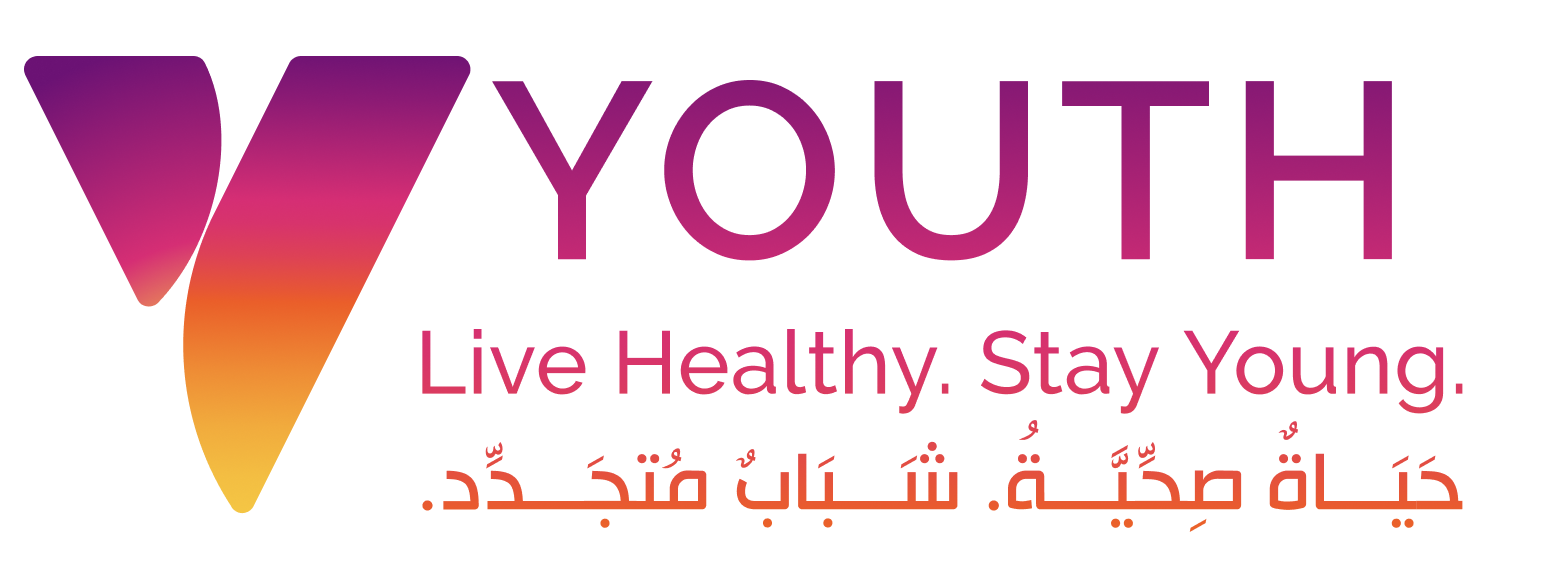Have you ever met someone who looks or feels years younger than their actual age?
That difference isn’t just luck or good skincare; it’s biology.
Your biological age reflects how your body is aging on the inside, which can differ from the number of years you’ve lived, known as your chronological age.
At YOUTH, we help you understand how your DNA, lifestyle, and environment interact to shape your body’s aging process and how you can take control of it.
Chronological Age vs. Biological Age
Your chronological age is the simple count of how many birthdays you’ve had. Biological age, however, measures how well your cells, tissues, and organs are functioning.
Two people might both be 40 years old, but one could have the biological health of someone in their 30s, while the other might show signs of cellular aging closer to 50. The difference often comes down to genetics, environment, stress, and lifestyle choices.
Understanding your biological age provides a powerful window into your overall health and can help you make changes that keep your body younger for longer.
The Science Behind Biological Aging
Your DNA carries the same sequence throughout life, but how your genes are expressed can change. These changes are known as epigenetic modifications; small chemical tags that turn certain genes “on” or “off” without altering the genetic code itself.
One of the most studied markers is DNA methylation, often called the epigenetic clock. Scientists can measure these subtle patterns in your DNA to estimate how fast or slow your body is aging.
If your biological age is younger than your chronological age, it suggests your body is aging more slowly, a sign of strong cellular health. If it’s higher, it means your body might be under more stress, inflammation, or metabolic strain than average.
What Influences Your Biological Age
While your genes set the foundation, your daily habits have the biggest impact on how quickly you age. Factors that can accelerate biological aging include poor diet, lack of sleep, chronic stress, exposure to pollution, and inactivity.
On the other hand, healthy habits such as regular exercise, balanced nutrition, quality sleep, and stress management can help “slow down” your biological clock. Your DNA provides the blueprint, but your lifestyle determines how that blueprint is expressed.
How YOUTH Measures and Interprets Biological Age
At YOUTH, our TruAge Biological Age Test uses advanced blood metabolomic (biomarker) analysis to measure the molecular signs of aging in your body. Instead of focusing on your DNA sequence, the test evaluates numerous biological markers in your blood that reflect how your metabolism, organs, and cells are actually functioning compared to your chronological age.
We then translate these findings into clear, actionable insights to help you understand what’s influencing your aging process and what you can do to optimize it. Whether it’s improving sleep quality, adjusting nutrition, or managing stress, YOUTH helps you take evidence-based steps toward healthy longevity.
The Power of Knowing Your True Age
Knowing your biological age isn’t only about chasing youth, it’s also about living better for longer. It empowers you to make informed choices today that can protect your health for years to come.
With personalized guidance based on your DNA, you can build habits that strengthen your body’s natural defenses, enhance energy, and support graceful, healthy aging.
Key Takeaways
Your biology reveals how your body is truly aging. Biological age testing through advanced metabolomic and biomarker analysis helps you understand that story and gives you the tools to reshape it for a healthier, longer life.


Share: